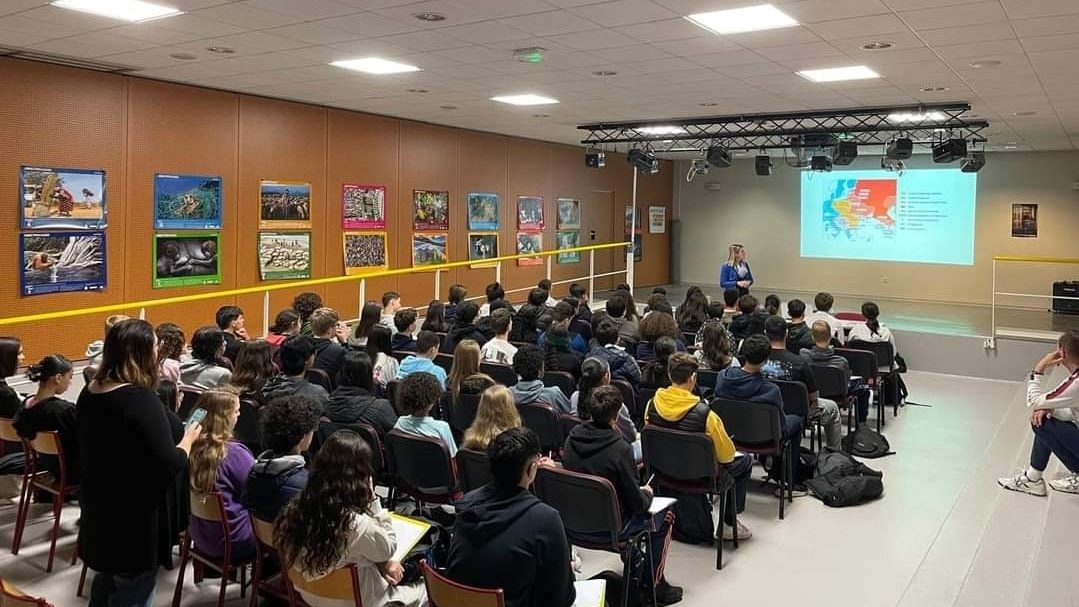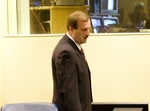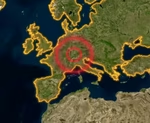
Over the past three years, nearly 500 students in France and Switzerland have learned about the war in Bosnia and the 1995 Srebrenica genocide, thanks to the White Armband Commission. This educational initiative aims to promote the truth about the atrocities committed and preserve the memory of Srebrenica, with the hope that fact-based lessons will become part of official school curricula following the adoption of the Resolution on the Srebrenica Genocide.
One of the key figures in these efforts is Sedina Delic-Tanovic, a survivor who was detained in the Susica camp before escaping to Srebrenica. Today, she shares her story with students in Swiss and French schools as part of the Commission’s work.
"For me, this has become a mission – a fight against oblivion. Initially, I spoke three or four times a year, locally. Now, I travel up to 600 kilometres to raise awareness," Delic-Tanovic said.
These sessions are part of history, geopolitics, or sociology classes, but one major challenge is the lack of reliable teaching resources. This gap motivated Delic-Tanovic to take on the role, despite the emotional toll it sometimes takes on her.
"The first time I testified, I felt what post-traumatic stress syndrome is. I felt like a three-year-old girl again, whose father and childhood were just taken away," she recalled.
Another challenge is the reluctance of some teachers to discuss the topic, fearing tensions among students from former Yugoslavia. However, personal testimony has proven highly effective.
Ajla Kuduzovic, founder of the White Armband Commission, stressed the importance of developing educational materials to help students understand the genocide while promoting empathy through survivor testimonies. Though their programs began before the adoption of the Resolution on the Srebrenica Genocide, Kuduzovic noted their work is now easier.
"With this Resolution, countries are committed to promoting the truth about the genocide and preserving the memory of the victims," she said.
The White Armband Commission has held lectures in over 20 classrooms across France and Switzerland and hopes to expand further following the resolution’s adoption.
Delic-Tanovic expressed optimism about the resolution’s impact. "We now have a strong argument, an educational tool to push the school system to finally update its history curriculum," she concluded.
The UN Resolution on the Srebrenica Genocide obligates countries to condemn any denial of the genocide and recommends its inclusion in education systems. It also designates July 11 as the International Day of Reflection on the Srebrenica Genocide, to be marked annually at the UN headquarters.
In Bosnia, the Srebrenica Memorial Center has already prepared materials for teaching about the genocide and partnered with ministries in Sarajevo and Tuzla Cantons. They hope to expand this effort across the Federation of Bosnia and Herzegovina.
The Srebrenica genocide, in which over 7,000 men and boys were killed, has been confirmed by multiple rulings of the International Criminal Tribunal for the former Yugoslavia, Detektor reported.
Kakvo je tvoje mišljenje o ovome?
Učestvuj u diskusiji ili pročitaj komentare





 Srbija
Srbija
 Hrvatska
Hrvatska
 Slovenija
Slovenija



























































